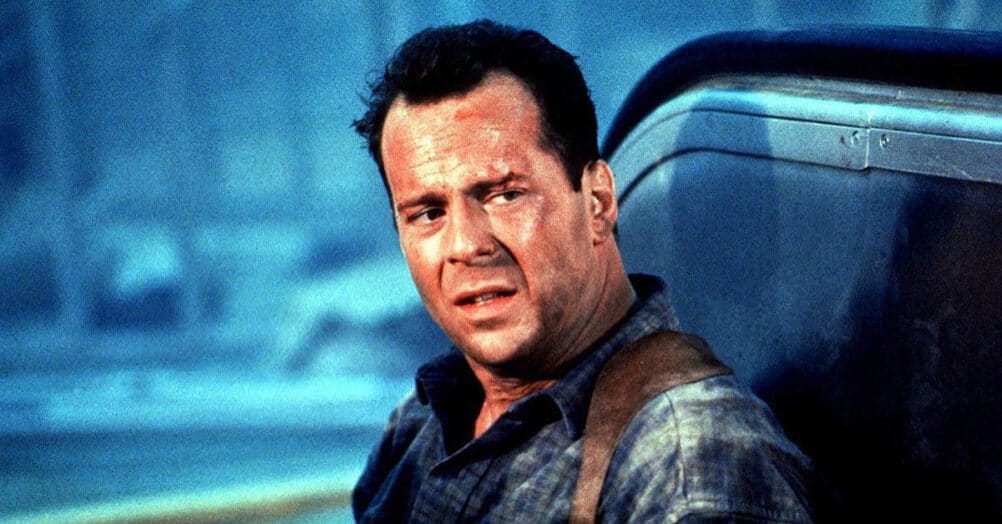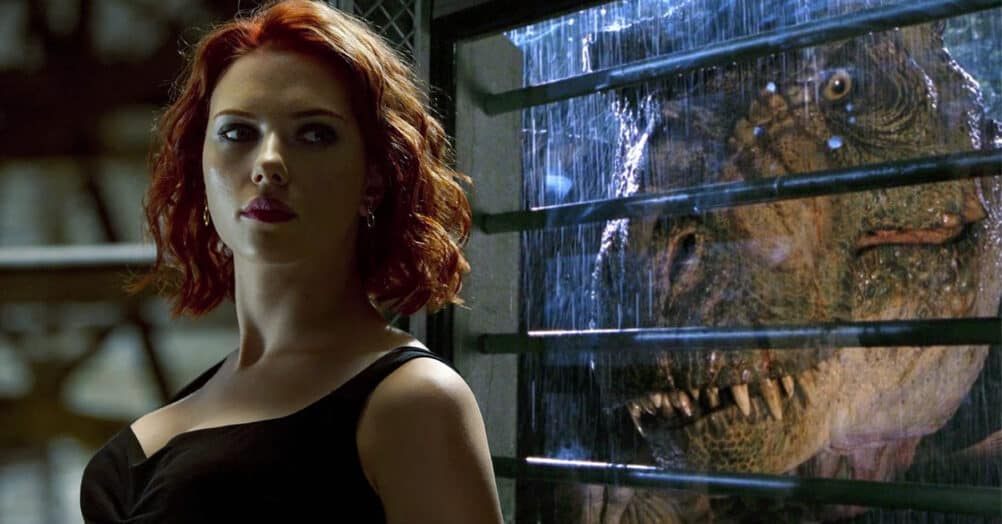
This week, director Kathryn Bigelow’s ZERO DARK THIRTY hit theaters, finally allowing the general movie-going public to see what all the fuss was about. It’s already swept numerous critical awards and most recently netted actress Jessica Chastain a best actress Golden Globe. Depicting the ten-year long manhunt for the most wanted man in the world, Osama Bin Laden, the film dives deep into the methods involved in that hunt, including the use of torture, which has stirred a massive level of controversy.
Torture was already controversial, long before ZERO DARK THIRTY ever played on the big screen, but for audiences being indoctrinated into it for the first time, it has had mixed effects. Some believe it is necessary, while others believe it is morally wrong. Hence, controversy. I’m not here to put that to rest. It’s impossible. It will always be a divisive issue, just like abortion, gun control, etc. However, I think that the backlash against it being depicted in the film is ridiculous and those that are attempting to boycott the film as a result are basically saying that general audiences aren’t equipped to make up their own mind on how to feel about the issue presented to them.

In an article written on truth-out.org, Academy of Motion Arts and Sciences member David Clennon condemns the film, saying that it “condones torture” and calls on all academy members to shun the film by not casting any votes in its nominated categories. Joining his ranks are the likes of Martin Sheen and Ed Asner, both of whom have urged Academy members to “sign onto the letter” and join his crusade against the film. In an e-mail to the L.A. Times, Clennon went on to say that the protagonists of ZERO DARK THIRTY are basically criminals, stating, “The real-life models for Dan and Maya [two CIA operatives in the film] have disgraced, shamed our country.”
Personally, I found the depiction of torture to be uneasy, but it didn’t affect me in a way that would call for a boycott. I never once felt that the film led me to feel one way or the other about it. I know my own bias and my own feelings. No movie is going to change that. Nor is a Hollywood activist. Sony Pictures studio head, Amy Pascal, was quick to jump to the movie’s defense, stating, “We are outraged that any responsible member of the academy would use their voting status in AMPAS as a platform to advance their own political agenda. This film should be judged free of partisanship. To punish an artist’s right of expression is abhorrent.” I agree wholeheartedly.

Ultimately, people like Clennon are saying that we can’t decide for ourselves where the line is drawn between reality and entertainment and he has taken his own moral and political self-righteousness to define just what art is and what art isn’t. He is also an expert in war, since he obviously has a solution for how to gather intelligence that bests the CIA and every military force in the world. Personally, I’d love to see Clennon spend a month at war (a day won’t do) and see how he feels then. It’s easy to be an armchair expert having never spent a day in the trenches. Certainly, Clennon is entitled to his opinion, but using it to blacklist a movie? I don’t think so. The same goes for those who have lashed out and labeled the film negatively having never seen it. Really?
If your search for the facts begins and ends with a 2.5 hour long movie then your card is already punched. According to Clennon, and every other Hollywood activist and Senatorial committee, we, as viewers, cannot discern fact from fiction and aren’t smart enough to do our own research to find the real answers. According to them, we are mindless drones who only respond to two-hour blocks of entertainment and thus, must be “shielded” from that which may influence us “wrongly.” I’d really like to know when movies were regarded as history books. It’s simply not possible to cover every single angle of an event in a two-hour movie. Anyone who thinks otherwise is disconnected from reality.

And if we are assuming that movies present a danger of showing misinformation or glorifying horrible events, will Clennon speak out against the depiction of Jews being slaughtered in SCHINDLER’S LIST? What about corrupt police in CRASH or THE DEPARTED? Or how about the torture scenes in THE DEER HUNTER? Or the abuse of Hobbits in THE RETURN OF THE KING (enduring multiple endings can be trying)? The vast majority of Oscar-winning films are full of controversy, both moral and political. I tend to think that that’s part of the reason they’re nominated in the first place; because they challenge the viewer, like any good art should.
I found ZERO DARK THIRTY to be an amazing portrait of the hunt for Bin Laden. It presented the information in a manner that challenged and provoked, and I loved it. It was intense, brutal, and portrayed some very real scenes (as a former Paratrooper who served in both Afghanistan and Iraq, many hit home) and some questionable ones. It’s totally cool if you don’t agree. I don’t expect you to agree with me. I expect, and respect, your ability to make up your own mind and to likewise leave others to do the same. Art is subjective and sometimes it pisses people off. Sometimes there are things in it that you don’t agree with. That’s fine. You may call it propaganda, I may call it art, either way it’s not up to any one person to decide. My advice to the Hollywood fringe that want to censor a film because of their own agenda is to leave it at their doorstep. If controversial films disturb you, then you’re in the wrong business. Me, I’m perfectly capable of deciding what I will and won’t watch and just what is and isn’t true.
Thanks, though.




















Follow the JOBLO MOVIE NETWORK
Follow us on YOUTUBE
Follow ARROW IN THE HEAD
Follow AITH on YOUTUBE